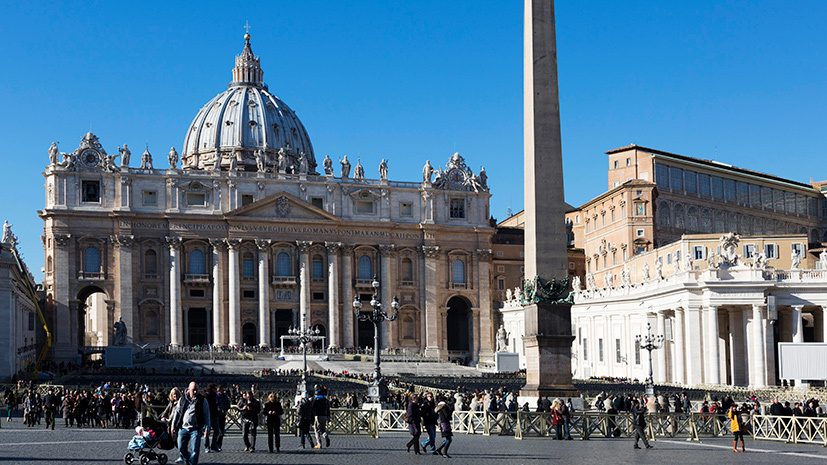On February 2, new rules for obtaining a visa to the Schengen countries came into force. This is stated in the message of the press service of the European Commission. According to the organization, the new order is simpler, which facilitates tourism, trade and entrepreneurship.
The Schengen area includes Austria, Belgium, Hungary, Germany, Greece, Denmark, Spain, Italy, Latvia, Lithuania, Luxembourg, Malta, the Netherlands, Poland, Portugal, Slovakia, Slovenia, Finland, Sweden, France, Estonia, the Czech Republic (22 countries EU), as well as Iceland, Liechtenstein, Norway and Switzerland.
According to the new rules, applying for a visa will be possible in electronic form. In addition, you can apply for an entry document not 3 months before the trip, as before, but 6 months (for sailors - 9 months). The minimum term is 15 days, it has remained unchanged.
The simplification of obtaining the so-called multiple-entry visa - the one that is issued to those who have already visited the EU countries and have not violated the conditions of stay. Gradually, visas will be issued for them for a period of one to five years.
As emphasized in the European Commission, the processing time for visa applications will remain unchanged - 15 days. However, when it is necessary to double-check the application, this time can be increased to 45 days.
According to the vice president of the Association of Tour Operators (ATOR) Alexander Kurnosov, such a step simplifies entry for Russians. He noted that the Russian Federation is moving in the same direction.
“What can be submitted for a longer period of time and in electronic form is certainly a simplification. Russia also follows this path and plans to introduce the possibility of obtaining an electronic visa for foreigners, ”he told RT.
In general, for tourism from Russia, the European direction has always been one of the most convenient, said Yury Barzykin, vice president of the tourism industry union (PCT), in an interview with RT.
“Of course, this will facilitate the work on the visa regime. But I must say that we did not have any special problems. The failure rate in this direction was minimal ... Because the Russian market is attractive, we have regular working contacts with representatives of the European Union. They (the change . - RT ) will not give any radical impulse, but they will partially reduce the administrative barriers and make it possible to plan trips and eliminate problems. Therefore, in general, they can be evaluated positively, ”he stressed.
Schengen is one of the most popular travel destinations for Russians. According to Barzykin, this is due to the fact that the Schengen states offer different forms of recreation.
“(This direction. - RT) combines historical, cultural, natural and beach destinations,” he explained. - The European market is in demand among our consumers and independently. That is, trips are planned not only through tour operators, but also independently. ”
- globallookpress.com
- © Bettina Strenske / imageBROKER.com
Consular fee
The European Commission also decided to increase the cost of the consular fee from € 60 to € 80. At the same time, it is reported that in relation to other countries this fee remains low - for a visa to New Zealand it will be € 146, American - € 143, for Chinese - € 126.
The increase in fees is explained by the cost of processing incoming applications - the European Commission emphasized that € 60 is no longer enough to cover costs, “in particular due to inflation”.
The decision does not apply to countries that have an agreement with the EU to simplify the procedure for obtaining visas. In particular, a similar agreement was concluded between Russia and the European Union in 2006. For Russians, the consular fee for a Schengen visa is € 35 and has remained unchanged.
For children under the age of 6, a visa fee is still not charged. For those from 6 to 12, it is half of the usual and therefore grows up to € 40. At the same time, individual EU countries can now refuse consular fees for minors.
The new rules provide that in the future every three years the EU may revise the size of the consular fee.

